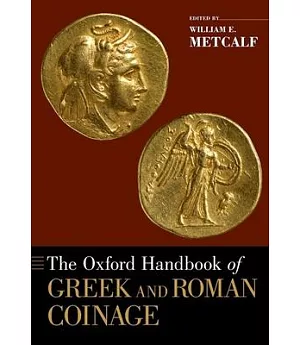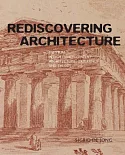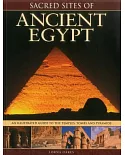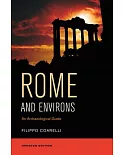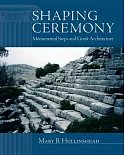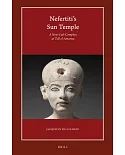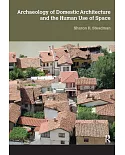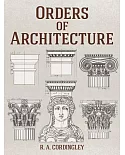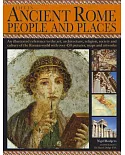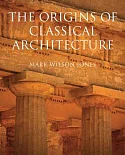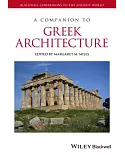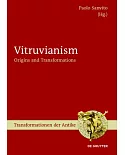A large gap exists in the literature of ancient numismatics between general works intended for collectors and highly specialized studies addressed to numismatists. Indeed, there is hardly
anything produced by knowledgeable numismatists that is easily accessible to the academic community at large or the interested lay reader. The Oxford Handbook of Greek and Roman
Coinage will fill this gap by providing a systematic overview of the major coinages of the classical world. The handbook begins with a general introduction by volume editor William E.
Metcalf followed by an article establishing the history and role of scientific analysis in ancient numismatics. The subsequent thirty-two chapters, all written by an international group of
distinguished scholars, cover a vast geography and chronology, beginning with the first evidence of coins in Western Asia Minor in the seventh century BCE and continuing up to the
transformation of coinage at the end of the Roman Empire. In addition to providing the essential background and current research questions of each of the major coinages, the handbook also
includes articles on the application of numismatic evidence to the disciplines of archaeology, economic history, art history, and ancient history. With helpful appendices, a glossary of
specialized terms, indices of mints, persons, and general topics, and nearly 900 halftone illustrations,The Oxford Handbook of Greek and Roman Coinage will be an indispensable resource
for scholars and students of the classical world, as well as a stimulating reference for collectors and interested lay readers.

